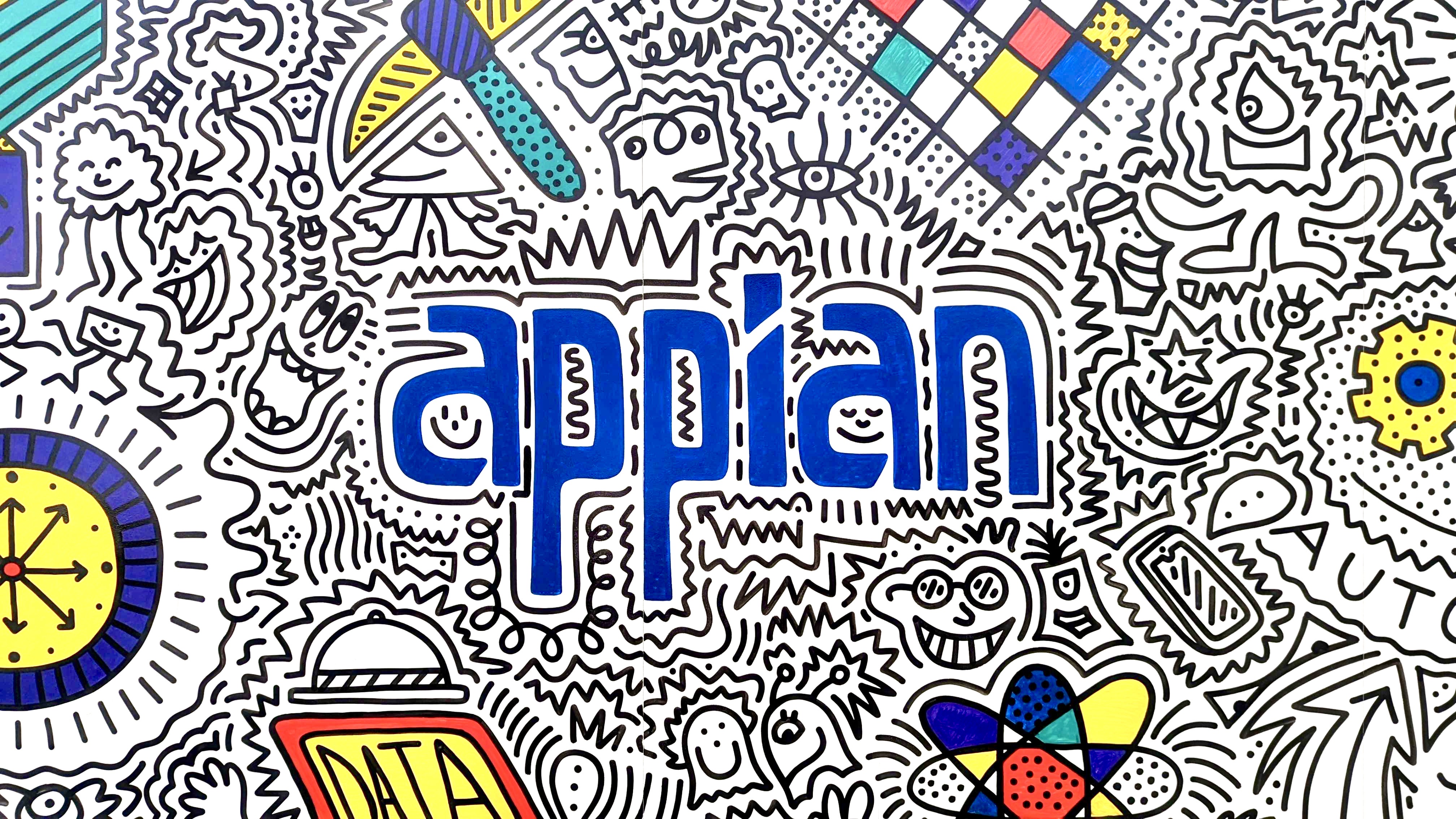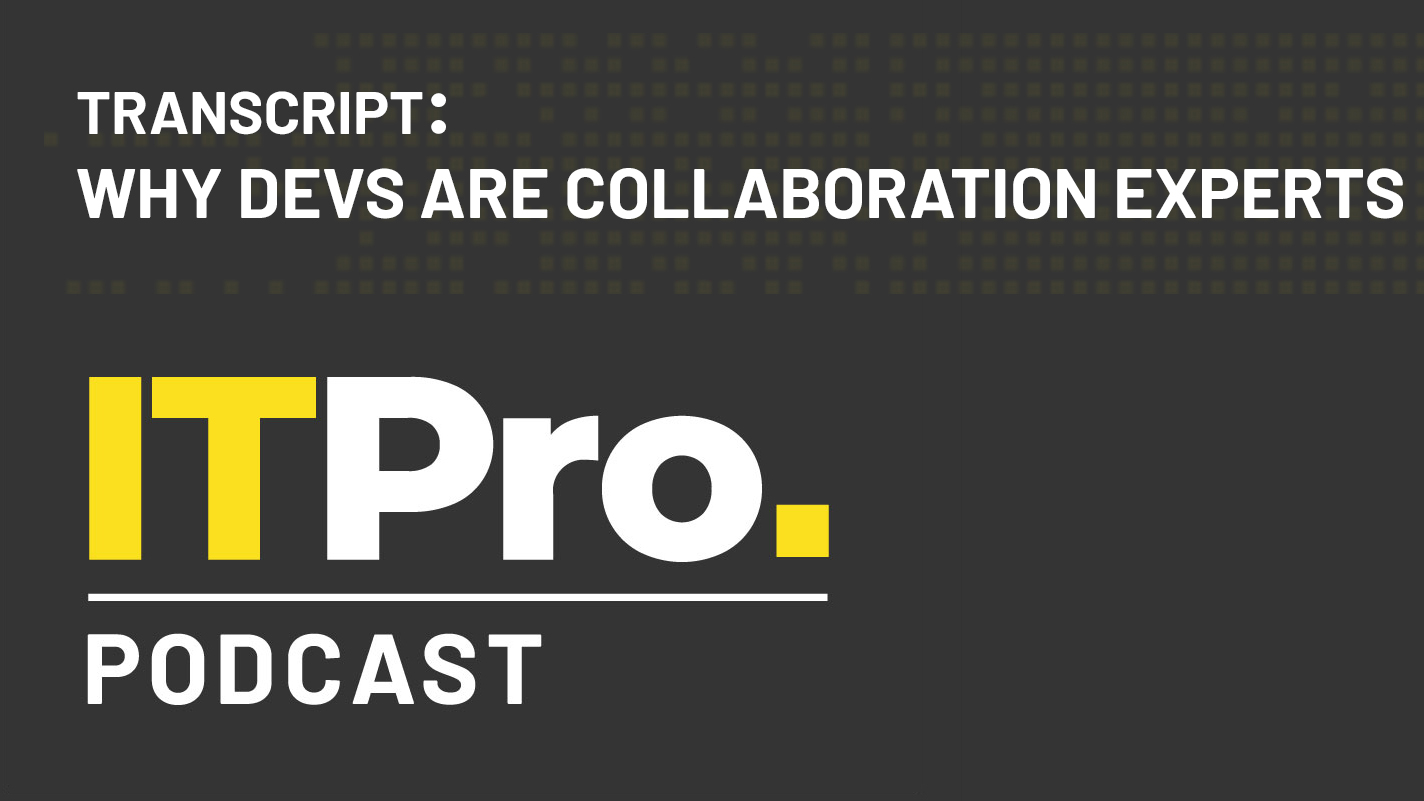Learn to code online with these six websites
These courses can help you launch a career in coding or enhance your existing skills

With the low-code and no-code phenomenon gaining traction, one might wonder: Is coding becoming obsolete?
A massive transformation faces the IT industry, with instant business apps becoming increasingly popular. To quote Forrester, low-code development platforms will generate $21.2 billion in revenue by 2022, up from $3.8 billion in 2017.
However, the Bureau of Labor Statistics’ (BLS’) statistics tell a different story. Information technology (IT) professionals secured a median annual wage of $91,250 in May 2020, higher than the $41,950 median wage for all occupations. Computer programmers earned a median salary of $89,190, a $2,640 increase over the $86,550 forecast in 2019.
Clearly, coding hasn't ceased. Traditional programming practices are still in place — and for good reason.
Codeless solutions offer customization but lack granularity. From updates to remediation, pre-built templates offer little choice and flexibility.
Legacy systems, on the other hand, allow developers to add features on demand. Besides enhancing security, traditional coding reduces the risk of costly workarounds.
All in all, it is safe to say that learning to code is still a worthwhile endeavor.
Get the ITPro daily newsletter
Sign up today and you will receive a free copy of our Future Focus 2025 report - the leading guidance on AI, cybersecurity and other IT challenges as per 700+ senior executives
Should you wish to become a developer, online courses are a great place to start. A wide array of options can make choosing a course challenging.
Saving you the trouble, we’ve curated a list of the best sites to learn coding online.
Before we dive into the list, let’s review how we determined what made a good and bad online coding course.
Methodology
In our search for the finest coding courses, we looked at certifications, job placement rate, and freshness of curriculum, among other factors.
There are plenty of great online coding courses, but there are also a plethora of not-so-good online coding courses. To bring the cream to the top, we considered the following criteria when selecting the top programs:
- Does it include a certification?
- How many graduates does it successfully put in the field?
- Does the company help graduates connect with potential clients?
- How often are courses upgraded with new information?
- Can students interact with instructors? Are instructors open to questions?
- Is it affordable?
We found six platforms that met three or more of our key criteria.
FreeCodeCamp
Costs
- All courses are free
FreeCodeCamp combines boot camp with self-learning, giving amateurs a sparse but focused learning experience. Each lesson flows into the next and tracks participants’ progress. The lessons conclude with a project that reinforces the content.
FreeCodeCamp meets five out of our six requirements. Participants network with professionals to build apps that solve real-world problems and earn various FreeCodeCamp certifications. Over 40,000 people have graduated since 2014, and many have earned jobs at top tech companies like Google, Spotify, Microsoft, Apple and Amazon.
The only downside is FreeCodeCamp lacks mentoring, but that’s forgivable for a free program.
Treehouse
Cost
- Basic Plan: $25/month
- Courses Plus: $49/month
- Techdegree Plan with certification: $199/month
As of 2021, Treehouse offers over 300 courses, covers 23 topics and has over 50,000 students. Its Techdegree program provides certifications and an exclusive Slack community with live support and optional in-depth code reviews. Each class includes multiple expert-designed workshops to teach you skills, techniques and ideas related to the course you’ve taken.
Participants work on real-time projects that, once completed, become part of their portfolio. Interactive quizzes follow the class, and the program ends with a proctored two-hour final exam.
Employees looking to upskill, cross-train, or develop their skill sets can enroll in Treehouse for Teams. This program enables businesses to design custom curriculums tailored to teams' tech stack requirements.
CodeAcademy
Cost
- Basic plan: Free
- CodeAcademy Pro: $39.99/mo ($239.88/year)
As of 2021, CodeAcademy has more than 45 million members in 190 countries learning to code, making CodeAcademy the world’s largest resource for improving computer science literacy and computer programming skills.
CodeAcademy is more for beginners or people seeking to upscale their skills, so you may find it tough to land a job in your preferred field.
The premium Codecademy Pro puts more emphasis on ¨delivering job-ready, tangible outcomes” and comes in three tiers for students with different needs. Each course has interactive, intensive learning experiences, lessons and quizzes; access to a mobile app; and real-world projects. These help learners build portfolios of work designed to help them land jobs and advance their careers.
Each Pro-level class includes live support and feedback from professional advisors, is certified and offers 24/7 peer-community support. CodeAcademy doesn't provide job placement, nor were we able to track how many graduates landed gigs after completing the Pro product.
Pluralsight (formerly CodeSchool)
Cost
- Individual Plan: $29/month (Standard); $45/month (Premium)
- Team Plan: $399/user/year (Starter); $579/user/year (Professional); $779/user/year (Enterprise)
PluralSight, formerly CodeSchool, was founded by a training and development consultancy business that based its platform on what their clients — many of them major tech corporations — wanted.
As of 2021, PluralSight offers over 7,000 online courses spanning cloud, security, software development, edge computing, and more. Participants follow guided learning paths to obtain technical skills.
Opt for the annual subscription, and you get skill assessments for beginner, intermediate, and expert students. Moving into the premium option adds exams, interactive courses and real-time projects.
While PluralSight lacks one-on-one mentoring or peer interaction, its courses are updated regularly and reflect current tech trends and changes.
PluralSight is for beginners and those who want to update their skills, so there is no job placement service, nor are there records of graduates landing jobs upon completion.
Coursera
Cost
- Select courses: Free
- Individual courses: $29-$99/course
- Specialized program cost: $39-$79/month
- Coursera Plus: $399/year
- Online degree: $15-$25,000
Coursera offers over 1,609 computer programming courses from over 200 universities and companies across 43 countries. IT even offers courses from prestigious institutions, like the University of Toronto, Princeton University and the University of London.
The platform has flexible, affordable options, ranging from free courses to those that provide MasterTrack™ certificates and diplomas or professional certificates. Premium courses include customized instruction, discussion forums, assignments and exams.
Unfortunately, some employers aren’t fond of MOOC certifications, so Cousera’s certificates may not be helpful. Despite this issue, Coursera still claims to get you “job-ready” within a year.
On the whole, Coursera seems best for beginners and those looking to update their skills.
EdX
Cost
- Audit tracks: Free
- Verified tracks: $50-$300
- Online Master's Degree: $10,000-$25,500
RELATED RESOURCE

IT Pro 20/20: The weak link in cyber security
Issue 19 of IT Pro 20/20 looks at the cyber security problem facing small businesses and what this could mean for wider industries
EdX, founded by Harvard University and MIT, has an array of computer science courses from well-known universities like MIT, Columbia and Harvard.
EdX courses teach you programming languages and concepts for a career in hardware or software development. EdX tunes its lessons for beginners, but many include professional certification.
Other programs include MicroBachelors programs built for adult undergraduates looking to progress their careers and MicroMasters graduate-level courses.
Like Coursera, EdX courses are self- or instructor-paced with verified tracks that include graded homework assignments and exams. While you may not land a job from an EdX program, you can create demonstrable artifacts for your portfolio.
Bottom line
With a wide range of options available, almost anyone can learn to code online. Your task is to decide whether you want to just tip your toes in with a few free programs or dive right into the deep end with a full subscription or degree program.
Dr. Leah Zitter is a recognized Tech writer and researcher who's interviewed, investigated and serviced companies and individuals in more than 60 countries and Space (ISS).
-
 Bigger salaries, more burnout: Is the CISO role in crisis?
Bigger salaries, more burnout: Is the CISO role in crisis?In-depth CISOs are more stressed than ever before – but why is this and what can be done?
By Kate O'Flaherty Published
-
 Cheap cyber crime kits can be bought on the dark web for less than $25
Cheap cyber crime kits can be bought on the dark web for less than $25News Research from NordVPN shows phishing kits are now widely available on the dark web and via messaging apps like Telegram, and are often selling for less than $25.
By Emma Woollacott Published
-
 Appian wants to be the AI company for AI skeptics
Appian wants to be the AI company for AI skepticsAnalysis The firm outlines its AI strategy at Appian World 2023 while using ChatGPT and Midjourney to create scripts and imagery for keynote presentations
By Rory Bathgate Published
-
 GitHub launches paid remote internships with expansion plans underway
GitHub launches paid remote internships with expansion plans underwayNews The launch follows a successful trial and will initially be available for students in ten countries
By Zach Marzouk Published
-
 Record computing degree applications driven by AI interest, says BCS
Record computing degree applications driven by AI interest, says BCSNews The institute suggested students are attracted to computer sciences by innovative areas, which also include machine learning and the fight against climate change
By Rory Bathgate Published
-
 Women pursuing computing degrees surges, the biggest growth rate of any subject area
Women pursuing computing degrees surges, the biggest growth rate of any subject areaNews However, the amount of women beginning computing degrees this year is still low compared to men, a figure of 6,450 compared to 27,735
By Zach Marzouk Published
-
 Are coding bootcamps worth the investment?
Are coding bootcamps worth the investment?In-depth Fast-track software development programmes often promise a quick way into a high-paying and lucrative career, but you’d be right to approach with caution
By Connor Jones Published
-
 Why low-code and no-code can be a route through recession
Why low-code and no-code can be a route through recessionIn-depth Businesses in need of cost and time-savings might benefit from alternative methodologies
By John Loeppky Published
-
 Podcast transcript: Why devs are collaboration experts
Podcast transcript: Why devs are collaboration expertsIT Pro Podcast Read the full transcript for this episode of the IT Pro Podcast
By IT Pro Published
-
 The IT Pro Podcast: Why devs are collaboration experts
The IT Pro Podcast: Why devs are collaboration expertsIT Pro Podcast When it comes to cooperation, businesses could learn a few things from their IT team
By IT Pro Published